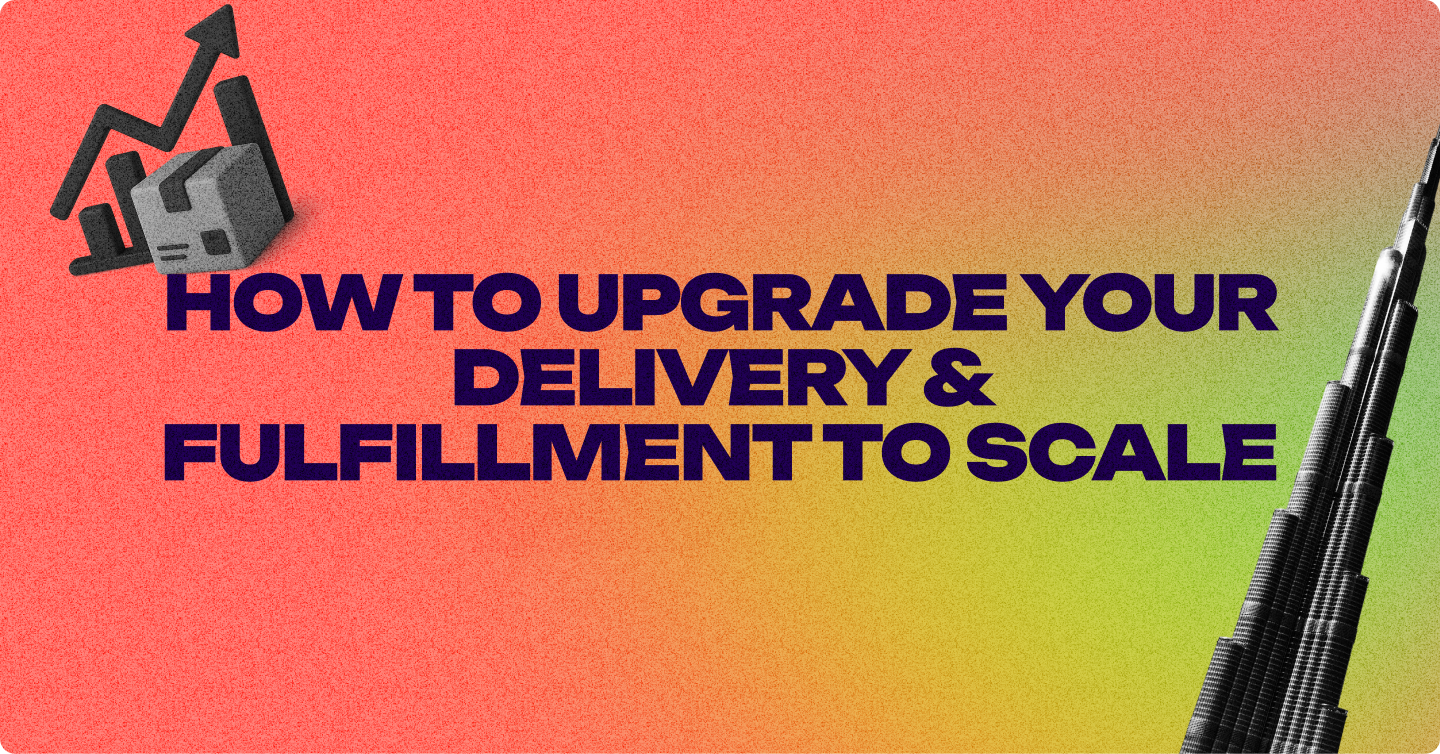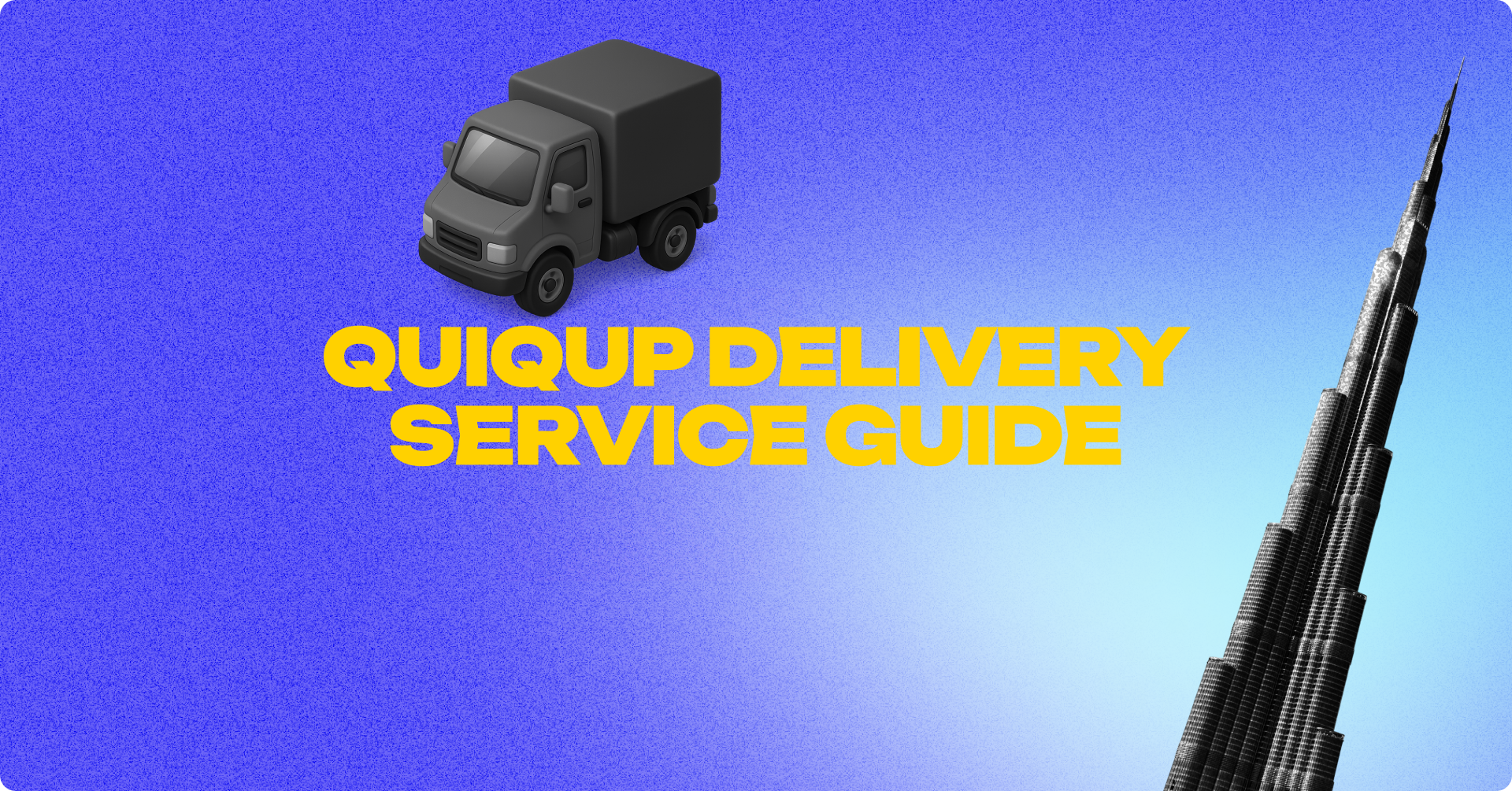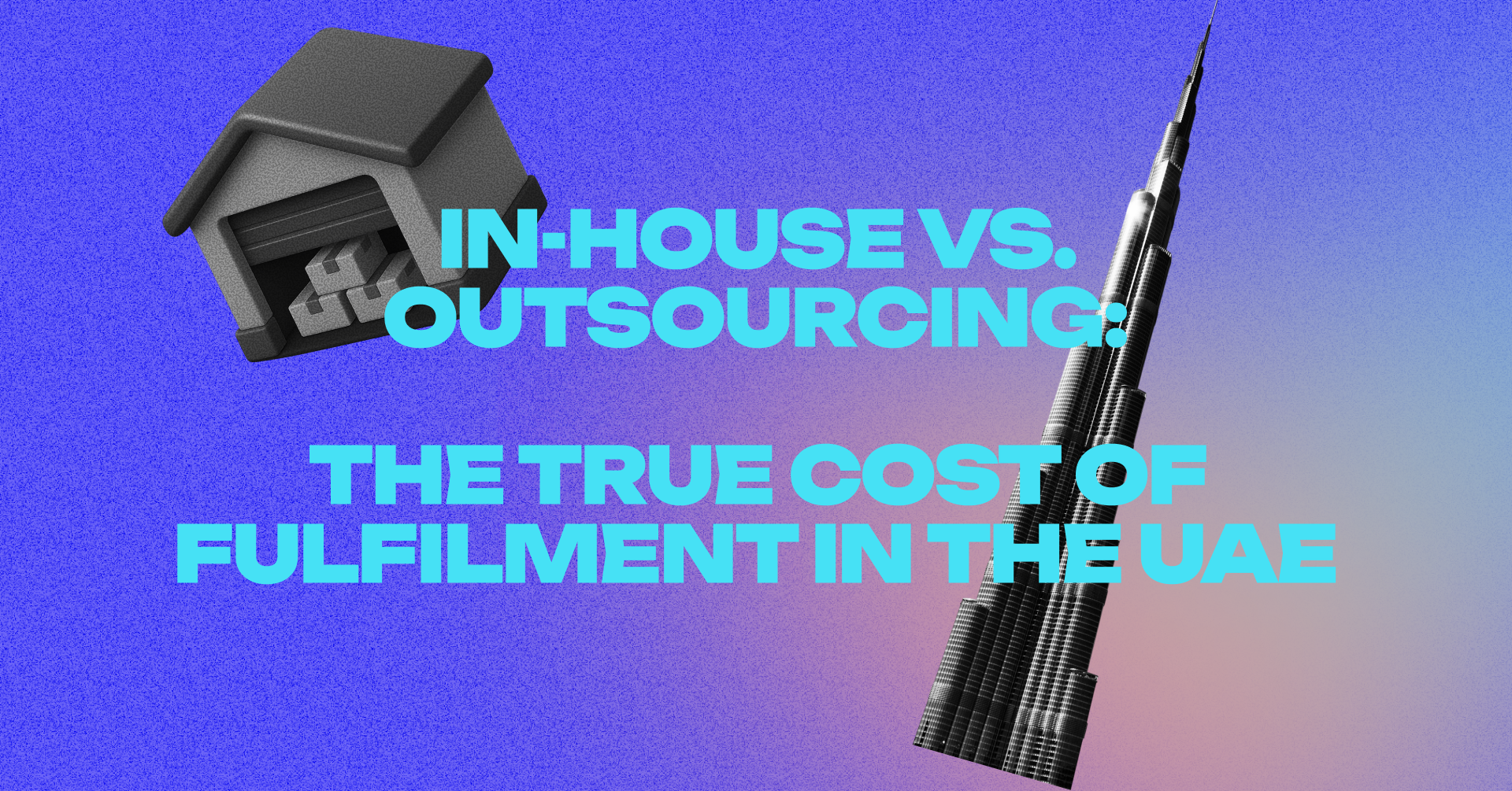Same-day document courier UAE: costs, rules & tech

Whether it’s a power-of-attorney racing from DIFC to Abu Dhabi courts or an NDA between startups in Dubai Internet City, same-day document courier UAE underpins the country’s knowledge economy. Today’s clients demand pick-and-drop service in hours, airtight chain of custody and real-time proof of delivery. For law-firm administrators, corporate logistics managers, SME owners and individual consumers, paperwork logistics must feel as seamless as sending an email.
1. Market snapshot
1. Market size & growth: The UAE courier, express and parcel (CEP) market is estimated at USD 1.31 billion in 2025 and is projected to reach USD 1.92 billion by 2030, growing at a near 8 percent CAGR.
2. Express uptake: While non-express shipments still account for roughly 72 percent of domestic volume, express parcels—covering same-day and next-day—now drive nearly 28 percent of the market.
3. Broad adoption: Sectors from legal and financial services to healthcare and government rely heavily on rapid document exchange, making same-day courier a standard for urgent filings and contracts.
4. Parcel profile: Typical document shipments weigh under 1 kilogram, easily handled by motorcycle fleets for sub-two-hour delivery windows.
5. Customer loyalty: Surveys show that transparent, real-time tracking and guaranteed delivery SLAs lift customer satisfaction and repeat order rates significantly.
2. Regulations & compliance
1. RTA rider licensing: Motorcycle couriers must hold a Category D permit, pass periodic medical checks and, per RTA Circular 6/2025, wear smart helmets with crash sensors and GPS beacons. Non-compliance fines begin at AED 700.
2. Data-protection protocols: Legal documents travel in tamper-evident pouches; couriers scan only the airwaybill metadata, never viewing contents, to meet strict confidentiality requirements.
3. Cross-border exports: Documents don't require international customs clearance.
3. Logistics blueprint
1. Vehicle selection & routing:
- Motorcycles for sub-two-hour intra-city hops, slicing through traffic.
- Vans with onboard safes for multi-document B2B runs or bank packet deliveries.
- Route optimisers that factor Salik toll gates and live traffic can cut toll costs by up to 12 percent.
2. Service tiers & windows:
- Premium 4-hour: Ideal for court-filing deadlines.
- Standard same-day: Collected by noon, delivered by early evening across Dubai and Abu Dhabi.
- Economy next-day: Overnight batching into remote emirates and free-zone hubs.
3. Proof-of-delivery tech:
- Electronic signatures plus geo-timestamped photos of handover.
- API webhooks deliver status updates to client case-management systems in seconds.
4. Cost model
A typical same-day document run in Dubai involves:
1. Fuel or energy for a 125 cc bike (approx. AED 8 petrol or AED 3 electric charge).
2. Labour at around AED 11 per stop for skilled riders, including performance incentives.
3. Toll fees, usually AED 8 for two Salik crossings, reducible by off-peak routing.
4. Insurance provisioning of about AED 0.60 per parcel for indemnity cover.
5. Failed-attempt fees, typically AED 6–9 for re-attempts.
Overall, operators spend roughly AED 22–27 per same-day run, with premium 4-hour services retailing at AED 45–55. Tight batching and efficient routing keep delivery costs within an 8–10 percent margin of standard service fees.
5. Tech stack checklist
1. Order-management integration: Auto-ingest pickup requests from legal-practice platforms to eliminate manual entry.
2. E-signature capture: Stylus or OTP-verified signatures feed instantly into PDF confirmations sent to all stakeholders.
3. Live tracking: Map links with 30-second updates cut “where’s my courier?” calls by over 40 percent.
- API webhooks: Real-time status pings populate ERP, CRM and compliance logs for audit trails.
- Analytics dashboard: Heat-maps of pickup density and failed-attempt hotspots support dynamic rider positioning.
6. FAQs
1. How fast can a legal document travel from Dubai to Abu Dhabi?
With a bike-to-van relay model, under four hours is achievable for high-priority packets.
2. Are tamper-evident seals mandatory?
Not by law, but most corporate and banking clients require them to guarantee document integrity.
3. Do couriers run on weekends?
Yes.
4. Can documents ship cash-on-delivery?
COD for letters is uncommon but possible.
5. What sustainability moves work here?
Electric scooters, reusable document pouches and AI-driven route optimisation can cut carbon per delivery by up to 30 percent.
Conclusion
In the UAE’s fast-paced business world, courier time is analogous to network latency - every minute counts. From RTA smart-helmet mandates to iron-clad chain-of-custody workflows, leading providers align speed, security and transparency. Start delivering with Quiqup to hit these service levels.
.png)



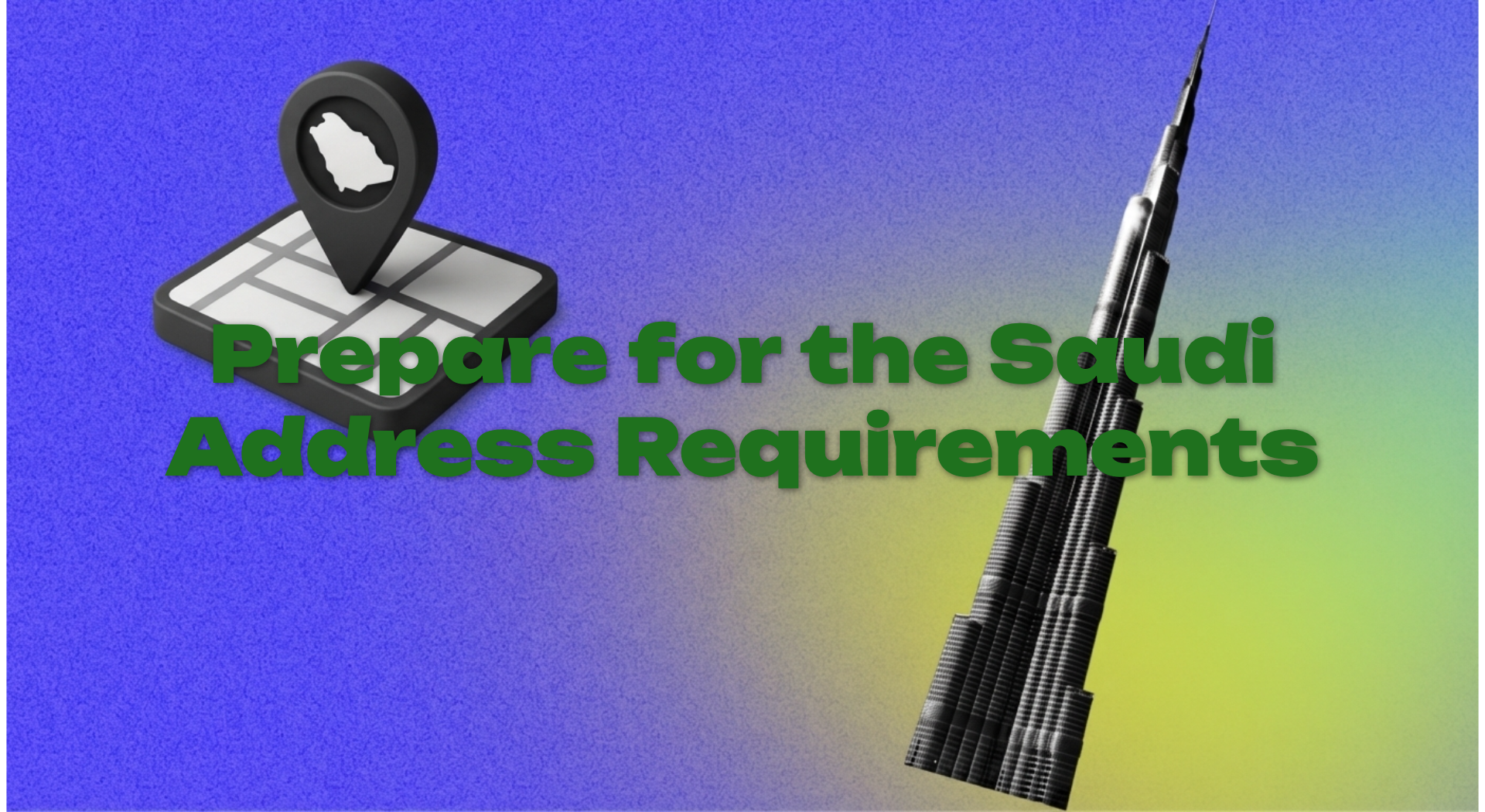
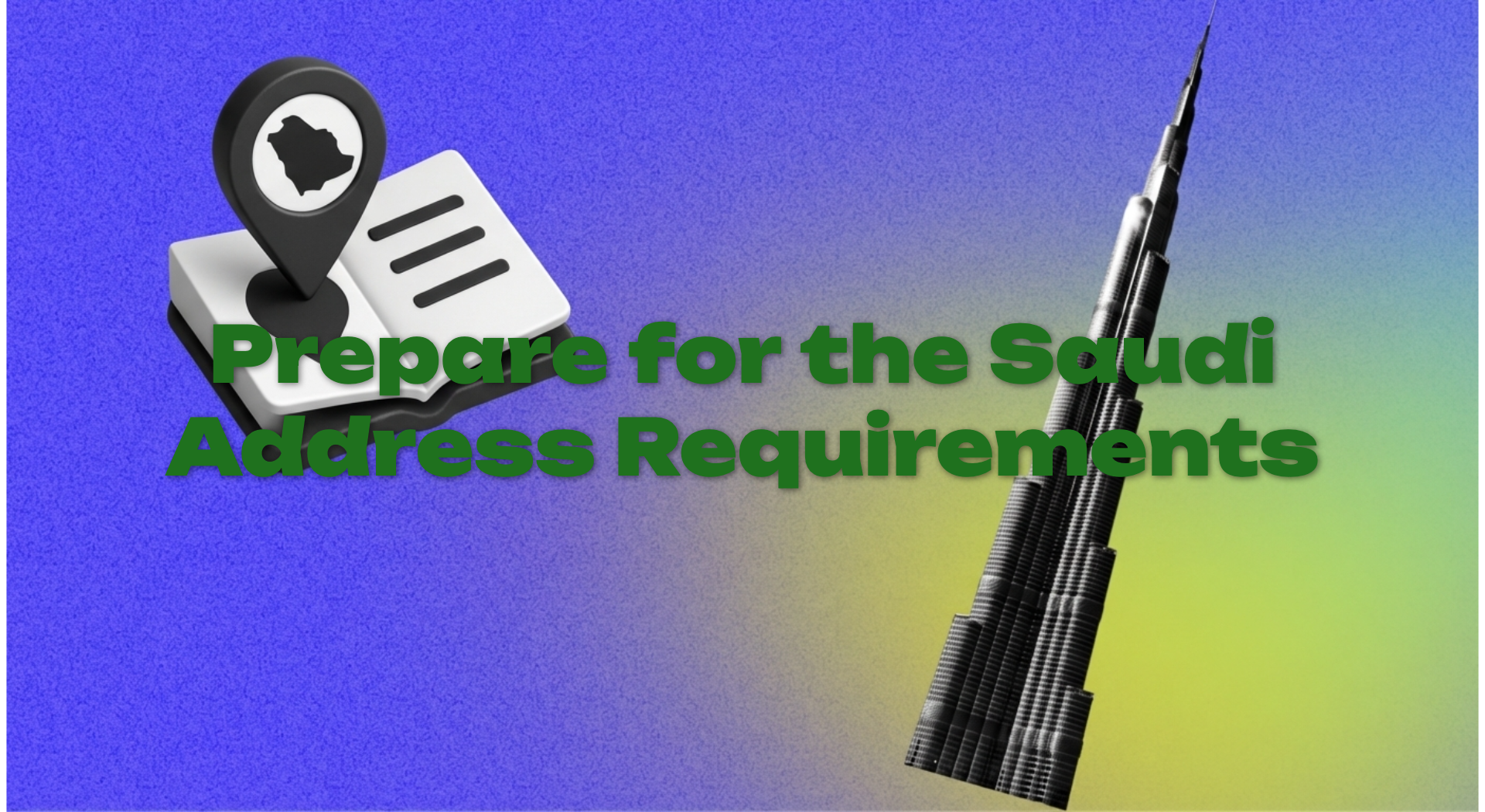

.png)
